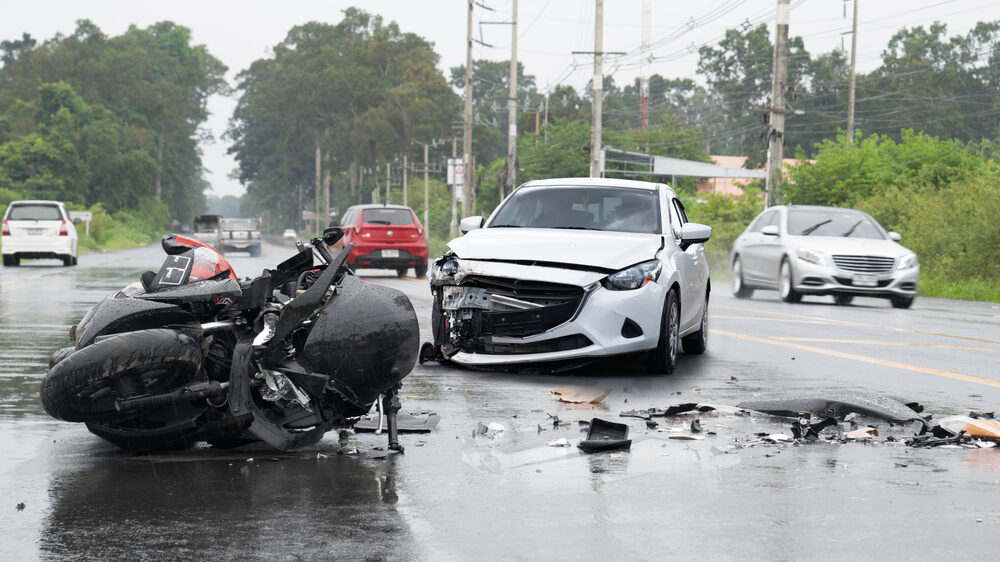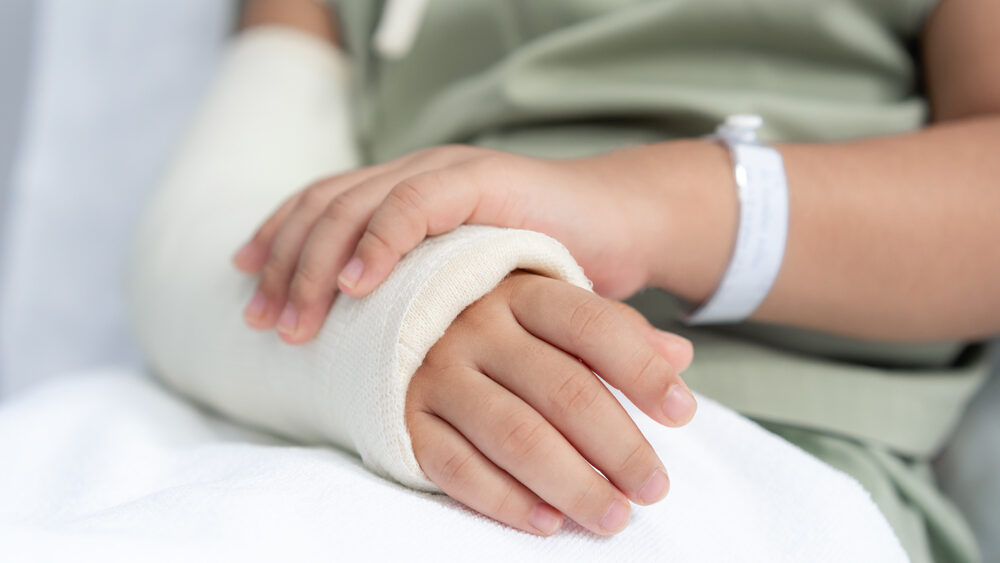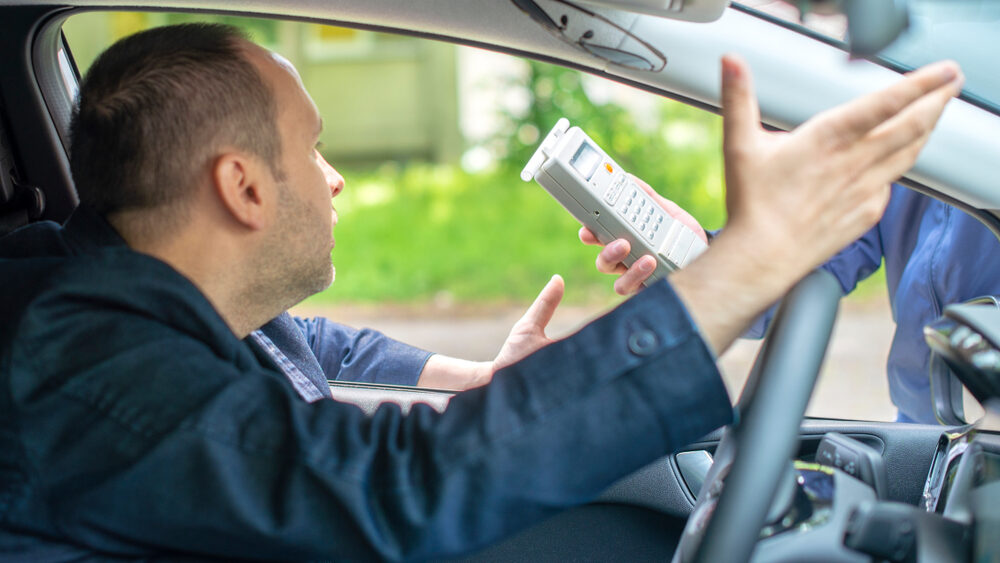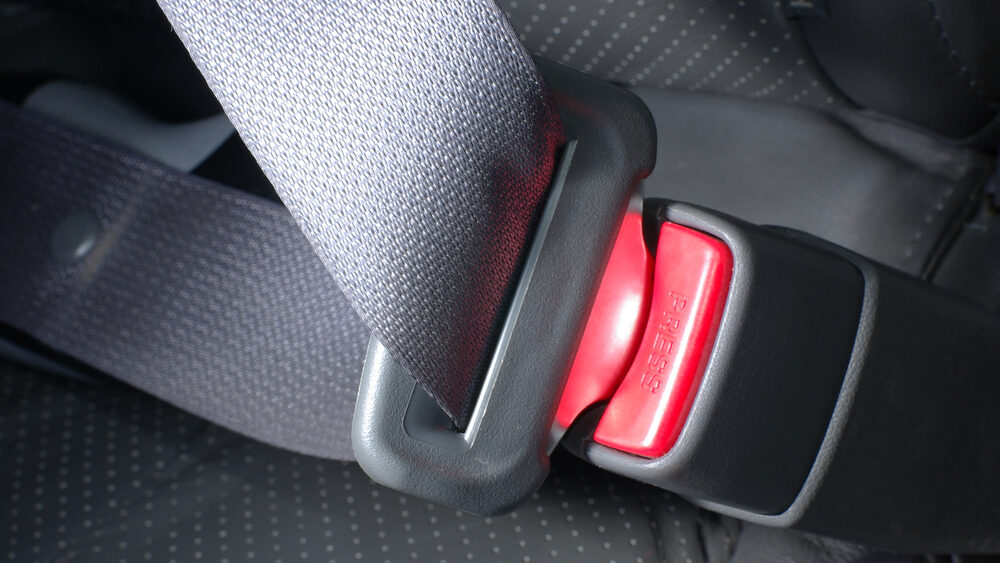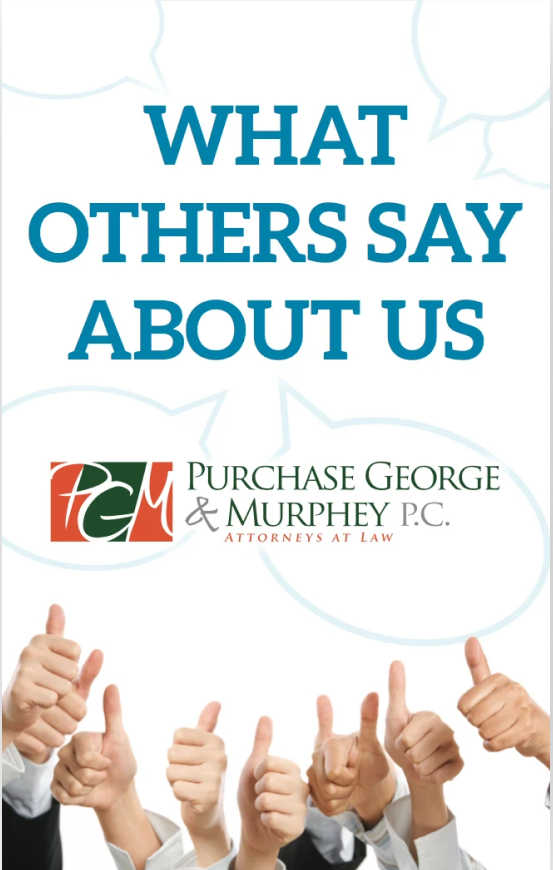Premises Liability: How the Status of the Injured Person Impacts Liability Analysis
If you’ve been seriously injured as a result of a dangerous condition on someone else’s property, you may have questions about whether you’re entitled to compensation to offset medical expenses, lost wages, and other harms. The answers to your questions require some complex legal analysis which necessarily involves determining your status as a guest, business visitor, or trespasser. We offer an overview of the law pertaining to the impact of an injured person’s status on the analysis of property owner liability.
Pennsylvania premises liability cases can be among the most challenging for Erie injury lawyers. Serious injury can result from dangerous property conditions, particularly when the victims are elderly or very young. However, property owners are not responsible for all injuries that occur on their property, even when the injuries are very severe. Instead, the liability of the property owner turns on a complex factual and legal analysis, much of which is driven by the status of the injured person at the time of the injury.
The law divides people injured on someone else’s property into three categories: invitees; licensees; and trespassers. The legal responsibility owed by the property owner is different for each group and may ultimately determine whether you are entitled to compensation for your injuries.
We will discuss each of these groups in more detail below, but it bears repeating that the premises liability analysis is a complex one and our discussion below deals only with generalities. There are many exceptions to these general rules and even exceptions to the exceptions, including rules that apply to land held open to the public for recreation; the rule pertaining to open and obvious conditions; and the exception to the open and obvious condition rule for open and obvious conditions that property owners know will be dangerous to people despite their open and obvious condition. Moreover, the responsibility of the person who is injured is always a consideration. Injured people who know about a dangerous condition are usually not permitted to recover for an injury caused by the condition they knew about. (Although there are exceptions to this rule, too.)
Premises liability cases can be complex and challenging. While the information below can serve as a helpful summary and while there are things you can do to help yourself following an injury, most cases require help from an experienced Erie injury lawyer. If you’d prefer to discuss your Pennsylvania slip and fall or dangerous property condition case with an Erie premises liability lawyer, you can fill out our contact form or call 814-273-2010 for a free consultation. We’ll be glad to do our best to help you.
Negligence in Pennsylvania – An Overview
You know that a property owner is not responsible to pay for an injury just because it happened on his property, so what is it that makes a property owner responsible? As discussed more in our overview on PA slip & falls and articles on property owner negligence or specific conditions like snow and ice, the key to establishing responsibility is a legal theory known as “negligence.” Negligence equates roughly to carelessness, or doing something a reasonably careful property owner shouldn’t do, or failing to do something a reasonably careful property owner should do.
So, what should a reasonable careful property owner do (or not do)? The law in Pennsylvania says that the answer to that question depends upon the status of the injured person at the time of the injury. Pennsylvania law does not require a homeowner to do as much to protect a trespasser as it would require of a property owner who invites friends over for dinner. Pennsylvania law requires even more of a property owner who invites people over for a business purpose.
Invitees
There are two classes of invitees in Pennsylvania: public invitees and business invitees. A public invitee is a person who is invited to enter the land for a purpose for which the land is held open to the public. A business invitee is someone who enters the property in response to an express or implied invitation from the landowner to enter for a business purpose. Examples of business invitees include customers at a retail store or a plumber called to fix a leak at a home. Property owners owe the highest duty of care to these people.
A property owner in Pennsylvania must conduct a reasonable inspection of the property in order to identify dangerous conditions and then must take reasonable precautions to warn or protect invitees from the danger. The precise scope of the duty owed by a property owner will vary on a case by case basis. For example, while a grocery store may be obligated to check for spills every hour, a homeowner may be expected to check his property only as he comes and goes.
Licensees
A licensee is someone who is privileged to enter upon the land because they have the owner’s permission, express or implied. An example of express permission would include an invitation for dinner. Implied permission is conduct that justifies others in believing that the owner is willing to allow them to enter the premises if they so desire. For example, a utility meter reader has been held to be a licensee in Pennsylvania. (Note: An important exception to this general rule applies to public employees like policemen, firemen, and garbage men. These people, while appearing to be licensees, are generally accorded invitee status under the law.)
A property owner is required to warn or protect licensees from dangerous conditions that the property owner knows about or should know about. Note that there is no duty to undertake an inspection for the benefit of licensees. Still, a property owner may not simply turn a blind eye to dangerous conditions that a reasonable property owner would identify as dangerous and take action to warn or protect. Thus, it will probably not be an effective defense for a property owner to argue that she never noticed the loose stair tread that she walks on every day.
Trespassers
A trespasser is someone who goes upon the property of another without express or implied consent, for his or her own purposes, and not for the benefit of the landowner. It is not necessary that the trespasser have an unlawful purpose.
It is often said that property owners owe no duty to undiscovered trespassers. Perhaps a better way of defining the responsibility of a landowner to undiscovered trespassers is to say that the landowner must refrain from willful or wanton misconduct.
As for discovered trespassers, landowners must use reasonable care to warn of, or make safe, conditions that pose a risk of death or serious bodily harm.
Worth noting is that landowners have a separate duty pertaining to activities engaged in on the property that pose a risk of harm to trespassers. For example, a mining operation may not indiscriminately engage in blasting when it knows that trespassers (like exploring children) frequently intrude in the area.
Trespassing Children – The Attractive Nuisance Doctrine
Children are entitled to special protection under the law for artificial conditions on the land that pose a reasonably foreseeable risk of harm, even if those children would otherwise be considered trespassers. Swimming pools, heavy machinery, abandoned wells, and other similar conditions attract children who often fail to realize the risk associated with these conditions. For such conditions, a landowner is required to exercise “ordinary care,” even though the child victim is a trespasser.
Examples of circumstances in which a property owner was held liable for injuries to children from an attractive nuisance include a case in which children were injured when the wall on which they were playing at a construction site collapsed, where a child was struck by a rolling gas cylinder on a loading platform, where children trespassed through a gated fence onto a railroad track, and where a child was injured in an abandoned quarry.
The Bottom Line for Your Erie County Slip & Fall Accident Claim
Erie injuries from dangerous property conditions, including Erie slip and fall injuries, are a common and recurring circumstance for which competent and experienced legal counsel is required to determine whether a property owner is liable for the injury. If you’ve suffered a serious injury as a result of a Pennsylvania slip and fall accident, you should consult with an experienced Pennsylvania injury lawyer.
The Erie slip and fall lawyers at Purchase, George & Murphey, P.C. have experience with cases in which people have been seriously injured as a result of a dangerous property condition. Our primary goal and objective is to make sure that our clients and their families receive the compensation and resources they need to treat and manage their injury and to compensate them for their losses.
Call Purchase, George & Murphey, P.C. today, toll free at 814-273-2010, to schedule your free and confidential consultation with an Erie premises liability lawyer. You can also fill out the online contact form.





